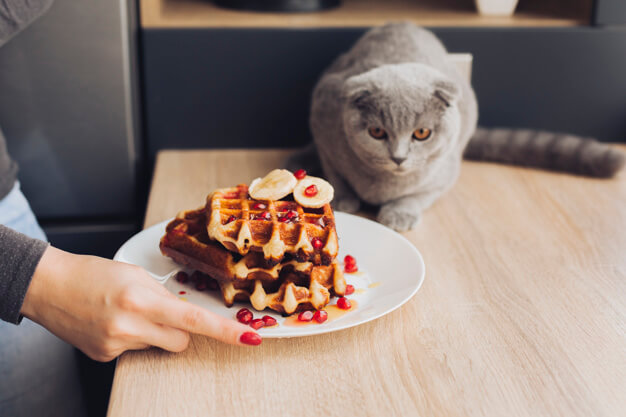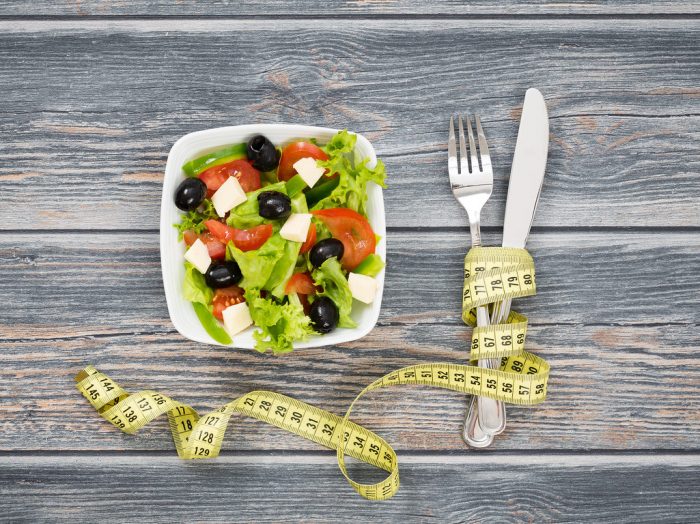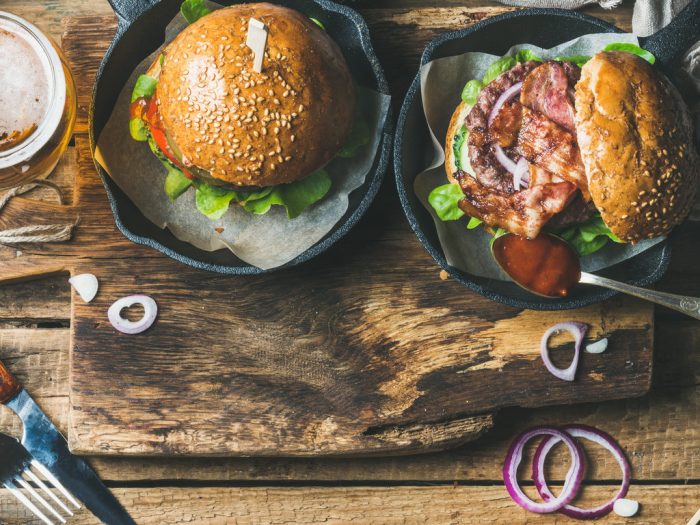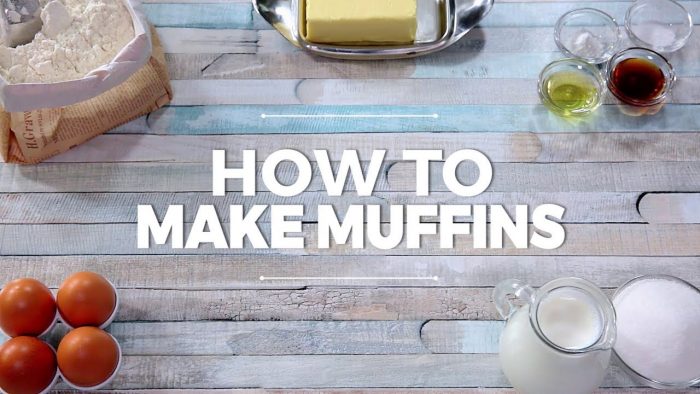When you are a cat parent, you want to provide your furry friend the best possible life it can have. This includes best cat foods available on the market, tons of toys to play with, cozy cat beds to lay and sleep into, and special moments spent together.
Providing the best cat food for your little pet is a sensitive subject for everyone. But today, we’re talking about specific types of human foods you should never feed your cat if you want it to live a long life.
Cats lovers and owners all over the world, this article is for you!
Human foods dangerous for cats
1. Onions, Garlic, Chives, Shallots, Scallions
Onion is very bad for cats to ingest, in all forms available: powdered, raw, cooked, or dehydrated, including onion powder found in baby foods. Garlic is 5 times more potent than onions, which makes it even more harmful. The same goes for chives, shallots, and scallions.
Both onions and garlic contain disulfides and sulfoxides, which poison the cat by breaking down its red blood cells. This eventually leads to anemia, weight loss, gastrointestinal problems, lethargy. Any cat that shows these signs, plus weakness, pale gums, reduced appetite, orange to dark red urine, must be taken to the vet immediately.
2. Milk or dairy products
As you probably know, the majority of cats are lactose-intolerant. This means that their digestive system cannot process dairy foods, especially when it comes to human products. The symptoms can be an upset stomach combined with diarrhea.
3. Tuna
Although cats love tuna cans and their favorite beans are tuna flavored, don’t ever serve your furry friend tuna prepared for humans. It doesn’t have all the nutrients a cat needs and this may lead to malnutrition. Also, valid for both humans and cats, too much tuna can lead to mercury poisoning. How can you tell if your cat suffers from mercury poisoning? A few signs to watch out for are loss of coordination and balance or difficulty walking, as a result of neurological damage.
4. Alcohol
Avoid the cat’s contact with all sorts of alcoholic drinks and foods: beer, liquor, wine, etc. Alcoholic drinks have the same effects on a cat’s liver and kidneys as in humans. Ingestion of alcohol can cause symptoms such as diarrhea, tremors, vomiting, trouble breathing, disorientation. Just a small amount of alcohol can cause a coma for your cat and a larger amount can actually kill it.
5. Caffeine (coffee, soda, tea)
There is no antidote for what happens if the cat ingests caffeine. It can be fatal. Caffeine poisoning in cats includes symptoms such as restlessness, heart palpitations, rapid breathing, and muscle tremors.
6. Grapes and Raisins
Both can cause kidney failure in cats. Even a small amount of these foods can make your beloved pet ill. Early signs include hyperactivity and repeated vomiting. Make sure to keep these foods away from places that your cat might reach.
7. Chocolate
Another lethal food for cats, chocolate has a toxic agent called theobromine. If a cat eats chocolate, either by mistake or offered as some sort of treat (we advise you not to do it!), it can show signs of abnormal heart rhythm, tremors, seizures, and ultimately, death. The most dangerous chocolate items for a cat are dark chocolate and unsweetened baking chocolate.
Chocolate also contains a substance called methylxanthines, responsible for causing diarrhea or vomiting, muscle tremors, high body temperature, abdominal discomfort, abnormal heart rhythm, increased thirst, seizures. Methylxanthines are also present in caffeinated beverages.
8. Fat trimming and bones
Mostly present in the kitchen, when you prepare meat, fat trimming remains, and bones represent a danger for cats. Even if the fat is cooked or raw, it can cause diarrhea and vomiting. Bones can make a cat choke, cause an obstruction, a splinter, or a cut inside its digestive system.
9. Raw eggs
As you may probably suspect, raw eggs can pose a threat for both humans and cats, because of the risk of being contaminated with bacteria such as Salmonella or E. coli. But this is not the only reason to worry if the cat happens to eat raw eggs. This food contains an enzyme called avidin, which decreases the absorption of a B vitamin called biotin. This may lead to hair coats and skin problems for your cat.
10. Raw meat and fish
Same as eggs, raw meat and fish can be contaminated with bacteria causing food poisoning. Also, raw fish contains an enzyme that destroys thiamine, an essential B vitamin for your cat. Lack of thiamine can lead to convulsions and coma, generating serious neurological problems.
11. Liver
Too much of this food item can lead to vitamin A toxicity, which affects your cat’s bones. You may notice deformed bones, osteoporosis, or bone growths on the spine and elbows. Ultimately, vitamin A toxicity can lead to death.
12. Too many treats
Same as humans, the cat can suffer from obesity and even diabetes, if it has a diet too rich in treats.
13. Yeast dough
The dough can swell inside a cat’s stomach, stretching the abdomen and causing severe pain. Also, when the yeast ferments the dough to help it rise, it can produce various amounts of alcohol, also poisonous to the cat.
14. Dog food
As you can imagine, cats have different nutritional needs than dogs. Cats need more taurine, proteins, vitamin A and arachidonic acid, while dogs need less of these nutrients. An inadequate amount of taurine can make cats develop vision and dental issues or heart disease.
15. Green tomatoes or potatoes
Both of these foods contain a poisonous alkaloid called Glycoalkaloid Solanine, very toxic, which can lead to lower gastrointestinal problems. Even if some foods contain tomatoes, producers use a very small quantity and ripe products, so they don’t cause problems.
16. Xylitol (found in sugar-free gums, candies, toothpaste)
Xylitol ingestion in cats can lead to liver failure. This increases the cat’s insulin levels, lowering sugar levels in addition. Signs of xylitol intoxications are vomiting, loss of coordination, lethargy. Symptoms can increase to a seizure and eventually results in liver failure.
3 tips on how to prevent your cat from eating poisonous foods
1. Store foods out of the cat’s reach. If your kitty is curious by nature, make sure to use locks on cabinets and don’t let it out of your sight when entering the kitchen.
2. Do not allow your cat to stand on the counter while you are cooking or eating. Cats can easily ingest dangerous foods or ingredients if they see leftovers on the table because they are curious and like to smell everything. So, make sure you don’t feed your cat with table scraps.
3. Be mindful during holidays. These days involve a lot of cooking, foods, friends, or relatives coming over that might want to feed your cat with human delicacies. Pay attention to these kinds of moments if you want your cat to be safe and away from toxic foods.
If you notice or suspect that your cat has eaten one of the foods above, hurry and take her to the vet immediately. Even if some of these foods can cause minor discomfort, others pose a real threat to your cat’s life and the best way to act is to seek the vet’s advice and guidance. So, take care of your furry best friend!





